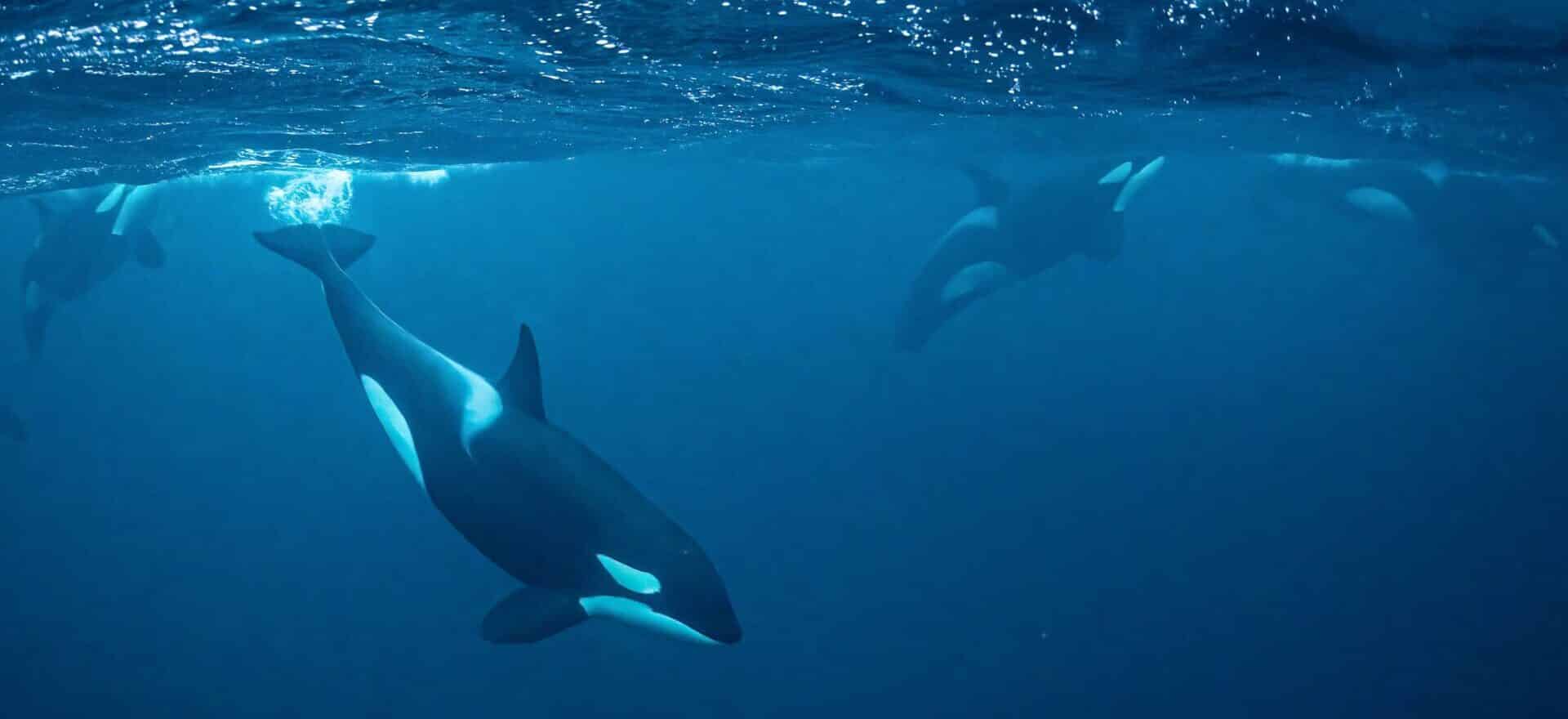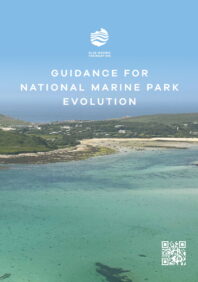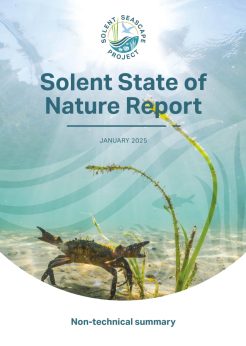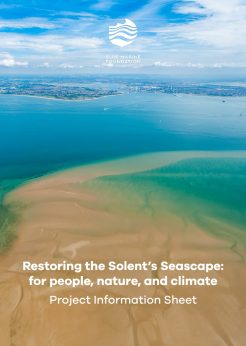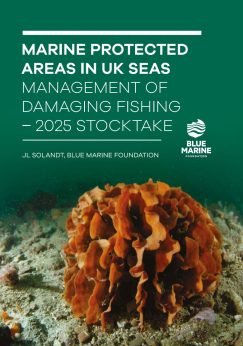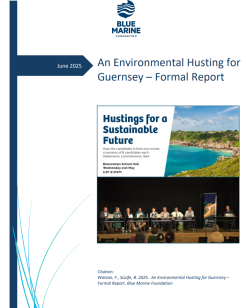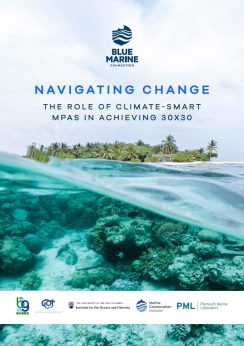This report provides guidance for advancing National Marine Parks (NMPs), based on Blue Marine’s NMP programme. It includes scoping in over ten locations across England, Wales, and Scotland, investment in Plymouth Sound NMP, and the establishment of a strategic working group. The report outlines “Ten Steps towards a National Marine Park” for local and national stakeholders, summarizing the 2022-23 work of the strategic group, including defining NMP purpose, objectives, and principles. It also includes a legal review of National Parks and advocacy opportunities identified by Blue Marine Foundation.
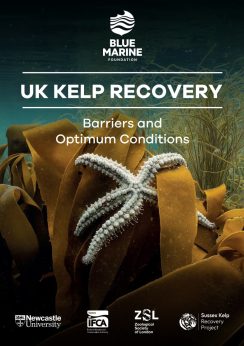

UK Kelp Recovery
Kelp forests are some of the most productive on Earth and provide a wealth of goods and services to human society. At the same time they are at risk from human activities such as climate change, destructive fishing practices and pollution.
28 March 2025
